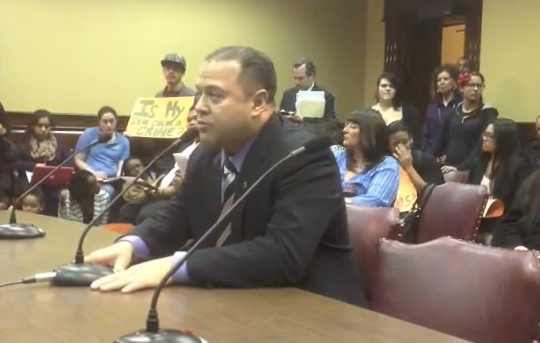The Rhode Island chapter of the American Civil Liberties Union has come out in opposition to the behavioral testing conducted at T.F. Green Airport by the Department of Homeland Security. The field test is for a “behavior detection” program that is meant to determine whether or not passengers have “mal-intent.”

Steven Brown, the executive director of the RI ACLU, issued a letter to Kelly J. Fredericks, the President of the RI Airport Corporation, asking that they cease their involvement in the program, and not support any such programs in the future.
“I am writing to express the ACLU of Rhode Island’s deep concerns about the Rhode Island Airport Corporation’s apparent decision last month, with no public input, to work with the Department of Homeland Security’s Transportation Security Administration (TSA) in field testing the expansion of a largely discredited program that attempts to identify travelers who might pose a potential security risk through questionable “behavior detection” techniques,” Brown wrote.
The field test, which is called “Centralized Hostile Intent,” will use actors to mimic behaviors that the TSA should be able to screen and identify. They will be asked to identify these behaviors through a video feed, rather than in person. Because actors will be used during the field test, the ACLU recognized that the effect on travelers’ privacy will be minimal, but they still opposed the overall intent of the study.
“But one cannot ignore what the ultimate goal of this project is- to make it easier and more routine to target innocent travelers for intrusive incursions on their privacy, all based on what have thus far been largely discredited “behavior detection” activities,” Brown wrote.
Brown also wrote that the current “behavior detection” patterns that officers look for are arbitrary and random at best, such as being late for a flight, excessive clock watching, strong body odor, sweaty palms, among other signs. These monitoring activities have been criticized since a 2013 report by the U.S. Government Accountability Office recommended that the TSA limit their funding for behavior detection, since there was no scientific evidence to prove whether or not these activities actually work. According to the report, “the human ability to accurately identify deceptive behavior based on behavioral indicators is the same or slightly better than chance.”
The program being tested at T.F. Green also seeks to develop a tracking algorithm so officers can follow on-camera anyone they believe to be suspicious, and identify those with them as well.
“The anticipated future applications of this project are disturbing, as they promise to be just as ineffective as TSA’s existing efforts. At bottom, this effort is junk science, but one with serious civil liberties and privacy implications,” Brown said. “We all want to ensure proper security measures are in place at our airports, but it is time to end, not expand, ineffective programs like this that use up limited resources, and that open the door to more intrusive privacy invasions and increased racial profiling, while doing little to keep us safe.”



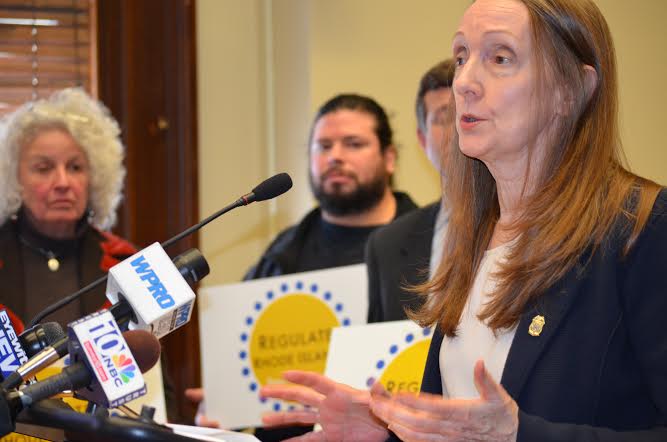
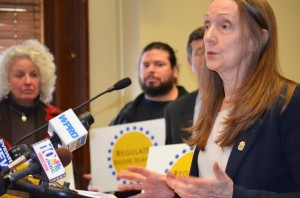

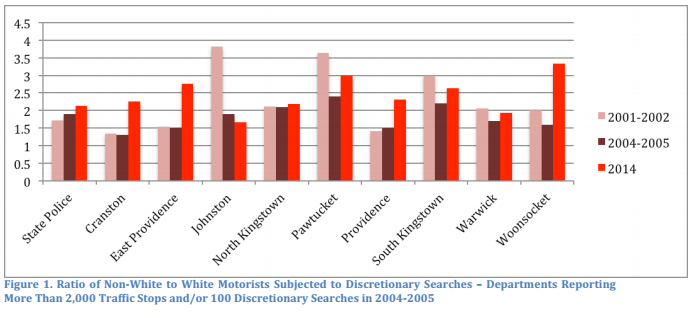
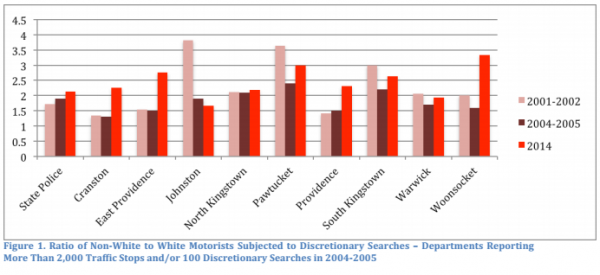
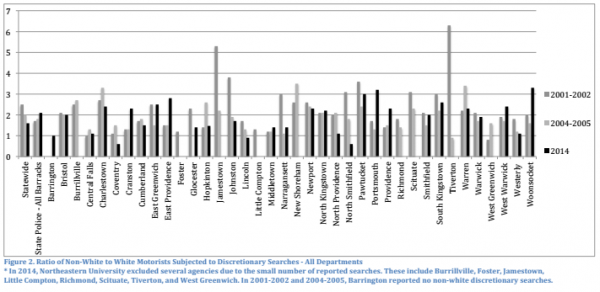
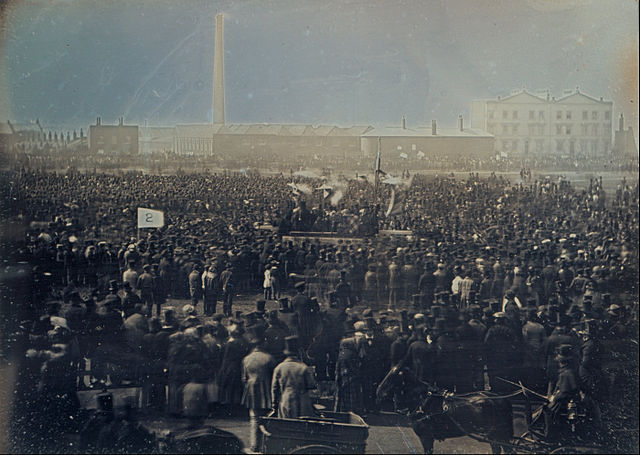
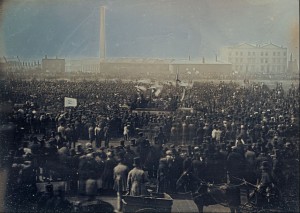




 My niece, Jessica Ahlquist, has received dozens of awards for her brave stance in challenging the constitutionality of a Christian prayer affixed to the wall of her Cranston high school. In the wake of winning her case, the outcome of which was never in doubt given the strong, 50 years of legal precedent, she faced death threats and rape threats and abhorrent treatment from the media, her mayor, her state representative, school department officials, teachers, fellow students and complete strangers.
My niece, Jessica Ahlquist, has received dozens of awards for her brave stance in challenging the constitutionality of a Christian prayer affixed to the wall of her Cranston high school. In the wake of winning her case, the outcome of which was never in doubt given the strong, 50 years of legal precedent, she faced death threats and rape threats and abhorrent treatment from the media, her mayor, her state representative, school department officials, teachers, fellow students and complete strangers.


